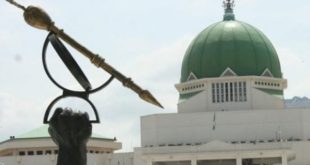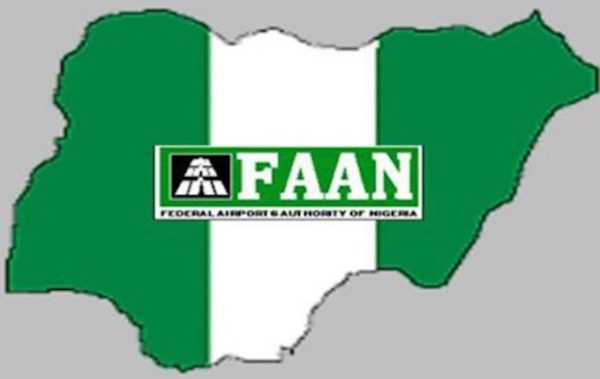With a population of over 220million, a median age of 18years and a large chunk of Nigerians categorized as youths below 40years, seafaring has been described as a viable approach to address the rising unemployment rate which is currently over 35 percent.
If the Federal Government is able to encourage management of the Maritime Academy of Nigeria (MAN) Oron, alone; to sustain its current manpower training pattern, Nigeria can generate $12billion annually from the seafaring profession, according to shipping experts.
While the $12billion seems huge, since 2019 over 400,000 Filipino seafarers have been contributing over $6billion to the Philippine economy and the nation has a population half the size of Nigeria’s at 109million.
In Nigeria, however, as part of efforts to bridge manpower development gap in the maritime industry, some shipping experts and institutions have proposed plans to acquire a multi-million dollar oceangoing vessel for the sea time training of cadets, who graduate from the Institutions.
This perspective is shared by MAN Oron, the Institute of Maritime Studies (IMS) of the University of Lagos (UNILAG), among other institutions and experts. However, it has been labeled a wrong approach by the President of Ship Owners Association of Nigeria (SOAN), Dr. Mkgeorge Onyung.
Onyung, who spoke with MMS Plus during an exclusive chat recently, has advised that emphasis should be on promoting indigenous shipping and a knock-on effect will lead to more training and permanent employment opportunities for Nigerian seafarers.
His words: “In the area of training seafarers, you can’t do without indigenous ship owners. How many ships can the nation buy for the purpose of training seafarers? Acquiring a training ship is also not the best approach because the ship would handle cargoes or oil and gas trade or convey passengers. It doesn’t make sense that someone goes for seatime training on a ship that doesn’t practice international trade. Seafarers need training onboard sea-going vessels the same way a medical doctor after training spends a mandatory one year internship to be able to practice. It also the same way a lawyer needs to go to law school.”
“This explains why it’s very important to have a fiscal and operational environment that supports shipping in Nigeria. The effects of the growth and increased capacity of indigenous ship operators will be more training and employment opportunities for Nigerian seafarers.”
 MMS PLUS NG – Maritime, Aviation, Business, Oil and Gas News Online Newspaper with coverage in Maritime, Oil and Gas, Aviation, Power and Energy as well as Financial News
MMS PLUS NG – Maritime, Aviation, Business, Oil and Gas News Online Newspaper with coverage in Maritime, Oil and Gas, Aviation, Power and Energy as well as Financial News










